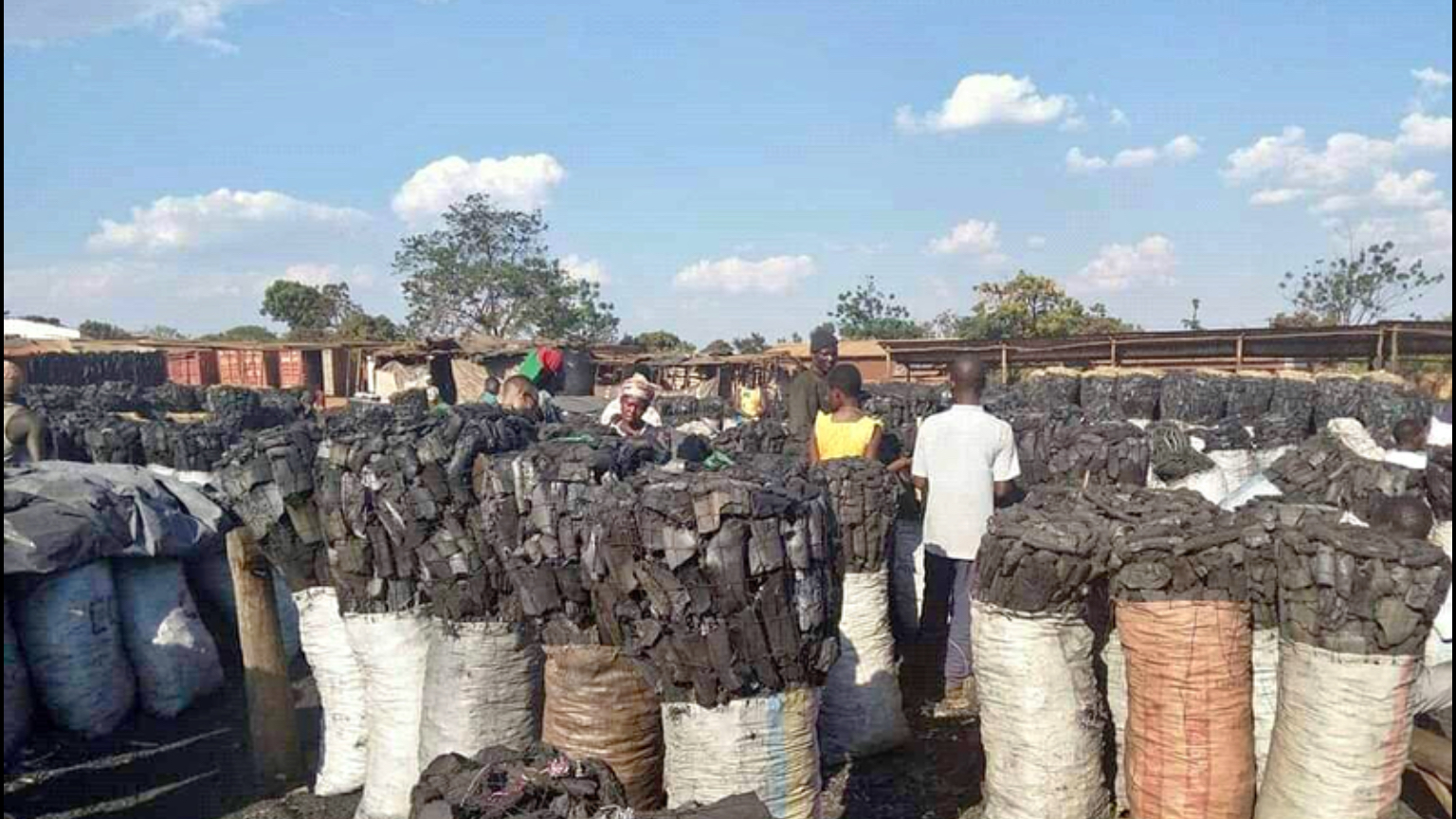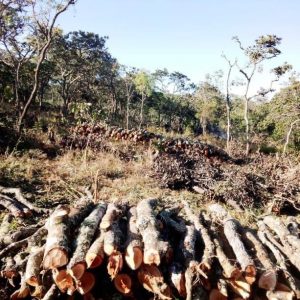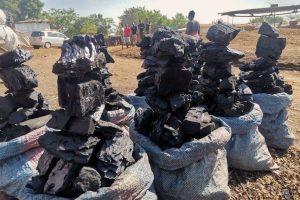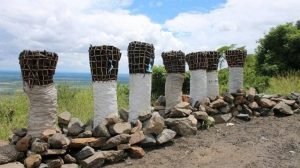
* Government is on the contrary promoting licensed charcoal production by people
* Who have tree reserves or commercial man-made forests which are ready for harvesting
* This would ensure consumers have a legal and sustainable means of charcoal
* Many people did not thoroughly go through the Act, hence they only reacted harshly to the maximum penalties and not the minimum
By Mike van Kamande, MANA
Deputy Director for Forestry in the Ministry of Natural Resources and Climate Change, Teddie Kamoto says concerns people have on the amendments to the Forest Act are as a result of misinformation, saying “the law as it stands, is targeting illegal charcoal producers and not necessarily consumers”.
Advertisement
In a interview with Malawi News Agency (MANA), Kamoto said unlike what is being perpetuated by the public, through the social media, that the amended Act is targeting mere charcoal production and its consumers, the Act is only against illegal charcoal production.
He said government is on the contrary promoting licensed charcoal production by people who have tree reserves or commercial man-made forests which are ready for harvesting. This, he said, would ensure consumers have a legal and sustainable means of charcoal.
“Many people did not thoroughly go through the Act, hence they only reacted harshly to the maximum penalties and not the minimum,” he said, adding that the amended Act focuses on seven areas — one of which is the definition of charcoal which was not in the original Act and was therefore, affectingthe government’s ability to regulate the charcoal trade.



He said the illegal charcoal business had for a long time compromised forestry conservation efforts when the Ministry consulted with relevant stakeholders, such as the civil society organizations, Parliamentary committee on natural resources, the Cabinet and traditional leaders, which led to the amendment of the Act in 2019.
Commenting on the issue, Executive Director for the Centre for Environmental Protection and Advocacy (CEPA), Herbert Mwalukomo, concurred with Kamoto, saying the mixed reactions to the awareness of the Act is a result of misinformation and resistance to change.
He observed that there was need for the country to embrace other alternative sources of energy which are cheaper and sustainable than charcoal.

Advertisement
“We know alternative sources of energy are limited but it would be untrue to say such sources are not available. Nowadays, we have electricity, gas, briquettes, biogas and sustainable charcoal on the market.
“It is also not correct that all these alternative sources are way too expensive compared to illegal charcoal. The reality is that these sources can become even more affordable if more people can adopt them. What we need is a change of mindset,” he said.
Since the amended Act was enacted in 2019, government says some good progress has been made with over 20 vehicles transporting charcoal impounded.
The public reacted when it was announced that people in general face K5 million fine or 10 years imprisonment for being found with charcoal after the new Forestry Act was passed in 2020.
It prompted Centre for Democracy and Economic Development (CDEDI) to call on government for massive investment in alternative sources of energy.
CDEDI Executive Director Sylvester Namiwa thus pushed President Lazarus Chakwera’s administration to introduce economic programs tailored for communities whose livelihood depends on charcoal production.


Advertisement
In his reaction on Facebook: Mwakoma Gondwe attacked the legislators for passing what is being considered as unreasonable law, saying: “This is where you find our Parliamentarian’s scope in dealing with matters of national importance wanting — where was their conscious throughout the deliberations of the Bill?
“This is pitiable when one finds that these very Parliamentarians are the best users of charcoal and firewood as their source of energy. Then who truly represents the people if those entrusted with that job carelessly betrays them without any second thought.”
Ajida Osman responded: “It’s unfortunate that the same Parliamentarians who have amended this law are surviving on charcoal amid electricity challanges facing the country.
“Moreover less than 20% of total population is connected to electricity with only one supplier of guss for the whole country.”

Advertisement
Ben Chisale felt the government ought to consult before they act on such matters, saying: “Almost 90% of Malawians use charcoal or firewood — they don’t have any alternative ways of cooking their food. So if the government ban this way of using charcoal, which mode will people use?”
Jamison Maliko Akim said: “When you want to ban people from using what’s nice and cheap for them, you better prepare and supply what will help them in absence of what they not allowed to use. Don’t just ban and let it go because it will ever never help, you better give them an option.”
While Chim Msowoya asked if the leadership would “ensure that gas is easily accessible for the masses that relies on charcoal or firewood”, saying gas is “very expensive for a poor Malawian as it is now”.—Additional reporting by Duncan Mlanjira, Maravi Express

Advertisement
